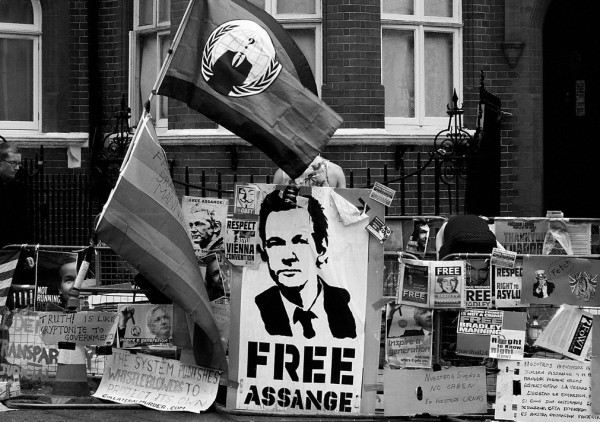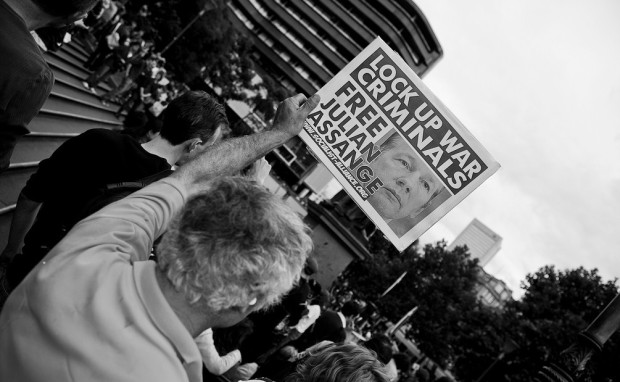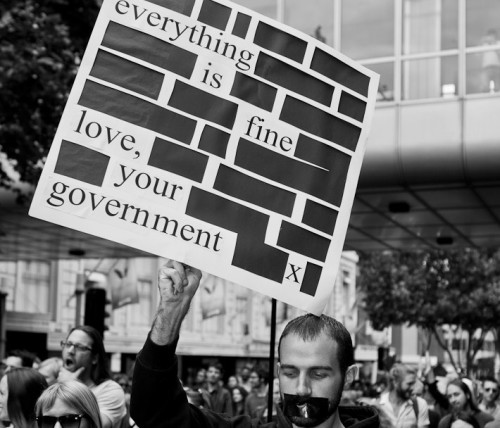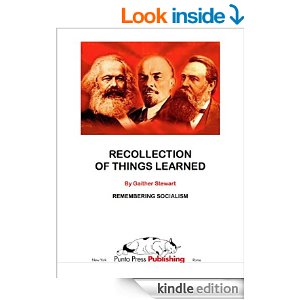The Lies That Lead to War
As the exploding crisis in Iraq spotlights once again the tragic record of American policy in the Middle East, Bill speaks with investigative journalist Charles Lewis, whose new book, 935 Lies: The Future of Truth and the Decline of America’s Moral Integrity details the many government falsehoods that have led us into the current nightmare. Lewis details the deceptions and illusions that have caused “most Americans and their elected representatives to completely ignore facts, logic and reason in the rush to war.” A complicit partner, he says, is a media intent on preserving the status quo and never offending the ruling elite. Lewis tells Bill, “An outrageous thing happened. We lost $2 trillion. More than 100,000 people died. Folks are going to be maimed for life in the tens of thousands… And no one has ever acknowledged that this was a war on a lark. It was a complete war of choice, because a certain little faction wanted to do it and they orchestrated it… Did they make statements that weren’t true? The answer is yes.” This week’s show begins with an essay by Bill on the foresight of the legendary Lawrence of Arabia, who, after the defeat of the Ottoman Empire in World War I, predicted the trap in which the West would fall attempting to interfere in the Middle East. Producer: Gina Kim. Segment Producer: Lena Shemel.Editor: Donna Marino. Intro Producer: Lena Shemel.Intro Editor: Sikay Tang. Featured image: New White House press secretary Josh Earnest speaks to the media during his first briefing as press secretary, Monday, June 23, 2014, in the Brady Press Briefing Room of the White House in Washington. (AP Photo/Jacquelyn Martin) APPENDIX In a 2003 interview with BuzzFlash.com,[49] Moyers said, “The corporate right and the political right declared class warfare on working people a quarter of a century ago and they’ve won.” He noted, “The rich are getting richer, which arguably wouldn’t matter if the rising tide lifted all boats.” Instead, however, “[t]he inequality gap is the widest it’s been since 1929; the middle class is besieged and the working poor are barely keeping their heads above water.” He added that as “the corporate and governing elites are helping themselves to the spoils of victory,” access to political power has become “who gets what and who pays for it.” Meanwhile, the public has failed to react because it is, in his words, “distracted by the media circus and news has been neutered or politicized for partisan purposes.” In support of this, he referred to “the paradox of Rush Limbaugh, ensconced in a Palm Beach mansion massaging the resentments across the country of white-knuckled wage earners, who are barely making ends meet in no small part because of the corporate and ideological forces for whom Rush has been a hero. … As Eric Alterman reports in his recent book—a book that I’m proud to have helped make happen—part of the red meat strategy is to attack mainstream media relentlessly, knowing that if the press is effectively intimidated, either by the accusation of liberal bias or by a reporter’s own mistaken belief in the charge’s validity, the institutions that conservatives revere—corporate America, the military, organized religion, and their own ideological bastions of influence—will be able to escape scrutiny and increase their influence over American public life with relatively no challenge.”[49] When he retired in December 2004, the AP News Service quoted Moyers as saying, “I’m going out telling the story that I think is the biggest story of our time: how the right-wing media has become a partisan propaganda arm of the Republican National Committee. We have an ideological press that’s interested in the election of Republicans, and a mainstream press that’s interested in the bottom line. Therefore, we don’t have a vigilant, independent press whose interest is the American people.”[50] SOURCE: Wikipedia
.
Full Show: The Lies That Lead to War
Moyers on the Media
remnants) of American democracy and most of the most horrendous crimes of our age. On the media and class warfare[edit]
On media bias[edit]







